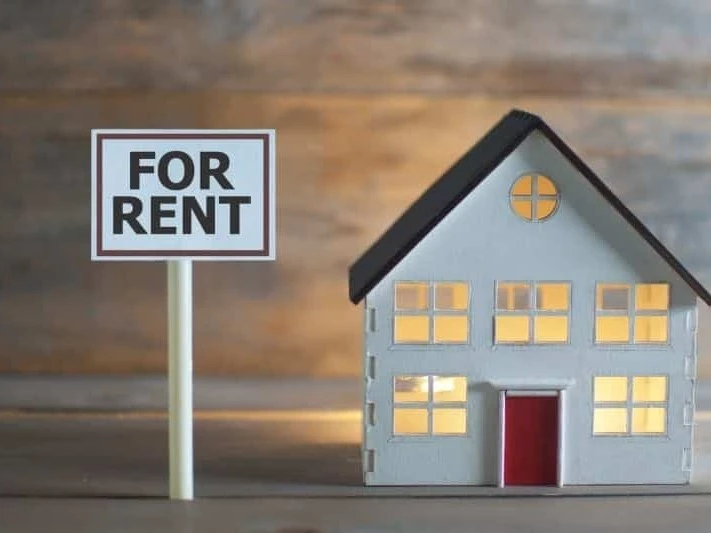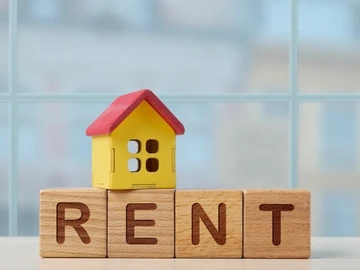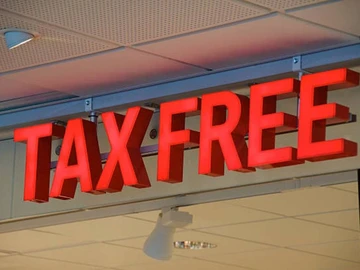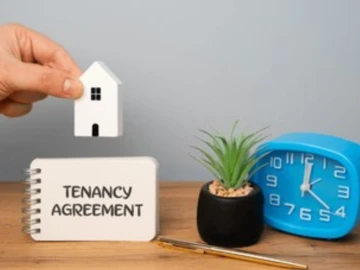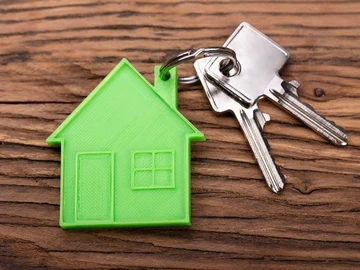Rent-to-own schemes are gaining traction as an alternative path to homeownership in Zimbabwe. With the country facing economic challenges, fluctuating property prices, and high-interest rates, these schemes offer a practical solution for many aspiring homeowners. If you've ever dreamed of owning property but are struggling to secure financing through traditional means, rent-to-own may be the bridge to your dream. In this article, we’ll walk you through what rent-to-own entails, how it works, and the pros and cons specific to the Zimbabwean property market.
What is a Rent-to-Own Scheme?
Rent-to-own (RTO) is a type of financial agreement that allows tenants to rent a property with the option to purchase it after a set period. In Zimbabwe, this concept is becoming increasingly popular, especially in urban areas like Harare and Bulawayo, where property prices are skyrocketing. Unlike a traditional mortgage, where you need an upfront deposit, a rent-to-own contract allows tenants to pay monthly rent, with part of it going toward the eventual purchase of the home.
How Does Rent-to-Own Work in Zimbabwe?
A typical rent-to-own agreement in Zimbabwe operates as follows:
- Initial Agreement: A tenant signs a lease agreement that includes an option to buy the property at a future date. This agreement usually runs for 1 to 3 years, with the purchase price agreed upon at the start of the contract.
- Rent Payments: The tenant makes monthly rental payments. A portion of these payments is set aside as credit toward the eventual purchase of the property. For example, if your monthly rent is $500, $100 of that could go toward reducing the purchase price.
- Option to Buy: At the end of the rental period, the tenant has the option to buy the home, using the accumulated rent credits to reduce the purchase price. If the tenant decides not to purchase, they forfeit any rent credits, and the agreement is terminated.
The Rise of Rent-to-Own in Zimbabwe: Market Context
Zimbabwe’s real estate market has faced several challenges in recent years, including economic volatility, liquidity shortages, and steep mortgage interest rates, which can range from 12% to 18% per annum. This has made it difficult for many Zimbabweans to secure home loans. According to the Zimbabwe Association of Housing Finance (ZAHF), less than 20% of Zimbabweans qualify for a mortgage.
With demand for affordable housing on the rise, particularly in cities like Harare and Gweru, rent-to-own is emerging as a viable option. In 2023, it was estimated that over 15% of residential property sales in Harare were facilitated through rent-to-own schemes. This figure is expected to increase as more developers adopt this model to attract buyers.
Advantages of Rent-to-Own in Zimbabwe
- No Large Down Payment: One of the most significant advantages of rent-to-own schemes is that they don’t require a large upfront deposit, unlike traditional mortgage agreements that require a down payment of 10% to 20%. For many, this makes homeownership more accessible.
- Lock-in Purchase Price: With Zimbabwe’s fluctuating property market, locking in a purchase price at the beginning of the agreement can be a huge benefit. In high-demand areas like Borrowdale or Mount Pleasant, property prices can increase by as much as 15% per year. Rent-to-own allows you to buy at today’s prices, even if the market value rises during your rental period.
- Time to Improve Creditworthiness: For those who may not qualify for a traditional mortgage due to poor credit scores or low savings, rent-to-own provides time to build up savings and improve credit while still securing a home.
- Test the Property: Renting before committing to purchase gives tenants the opportunity to “test” the property and the neighborhood, reducing the risk of buyer’s remorse.
Disadvantages and Risks of Rent-to-Own
- Forfeiture of Rent Credits: If you decide not to purchase the property, you forfeit all the rent credits accumulated during the rental period. This can be a significant financial loss, particularly if the credits form a large part of the rent payment.
- Market Volatility: Although you may lock in the purchase price, you are still exposed to the risks of market volatility. If property prices fall during your rental period, you could end up overpaying for the home. For instance, Zimbabwe’s housing market experienced a 5% dip in 2020 due to economic instability, though it recovered by 2022.
- Risk of Losing the Property: If the landlord defaults on their mortgage or faces legal troubles, you risk losing the property, even if you have been making payments. This can be mitigated by thorough due diligence on the landlord’s financial situation before signing the agreement.
- Higher Rent: Rent in a rent-to-own agreement tends to be higher than standard rental agreements. This is because a portion of the rent is allocated toward the eventual purchase. For example, in areas like Borrowdale, rent-to-own properties might charge $800 per month, while similar rental-only properties charge $600.
Recent Trends and Success Stories in Zimbabwe’s Rent-to-Own Market
In recent years, several Zimbabwean developers have embraced the rent-to-own model as part of their housing projects. In 2021, a local real estate company launched a 50-unit rent-to-own housing project in Harare, and all units were reserved within three months of the launch. The development focused on first-time homebuyers who were unable to secure traditional mortgages.
Another developer in Bulawayo offered rent-to-own contracts with flexible payment plans spread over five years. The project saw a significant uptake from young professionals and expatriates, a growing demographic in Zimbabwe’s urban centers.
How to Protect Yourself in a Rent-to-Own Agreement
- Review the Contract Carefully: Ensure the contract clearly specifies the portion of the rent that will go toward the purchase price and the conditions under which you can opt out of the agreement.
- Hire a Legal Expert: Given Zimbabwe’s complex property laws, it’s essential to engage a lawyer to review the agreement. This ensures that both parties’ rights are protected, and the terms are fair.
- Check the Seller’s Financial Stability: As mentioned earlier, you need to ensure that the property owner is in good financial standing. Verify that they are up to date on their mortgage payments and have no legal claims against the property.
Conclusion
Rent-to-own schemes in Zimbabwe present a flexible, innovative route to homeownership, especially in a challenging economic climate. While they offer the potential to own a home with fewer upfront costs and greater flexibility, it’s important to fully understand the risks involved. With property prices continuing to rise in key urban areas, rent-to-own might be the stepping stone you need to secure your dream home. Always ensure you conduct proper due diligence, engage legal professionals, and carefully evaluate your financial situation before entering into any agreement.
This guide provides a well-rounded understanding of rent-to-own schemes in Zimbabwe. For more information or to explore rent-to-own properties, visit property.co.zw.
 Continue with Facebook
Continue with Facebook
 Continue with Email
Continue with Email

